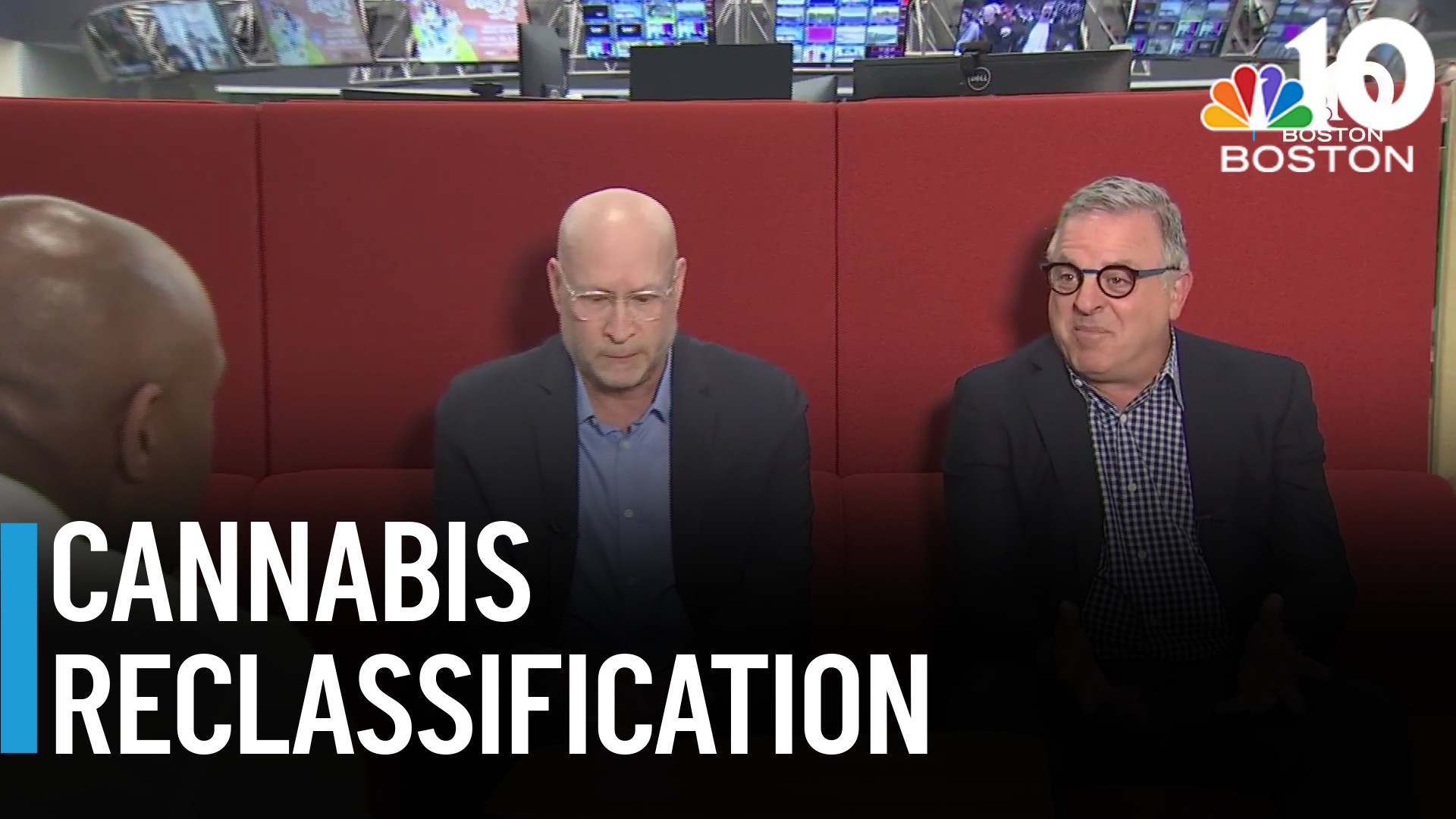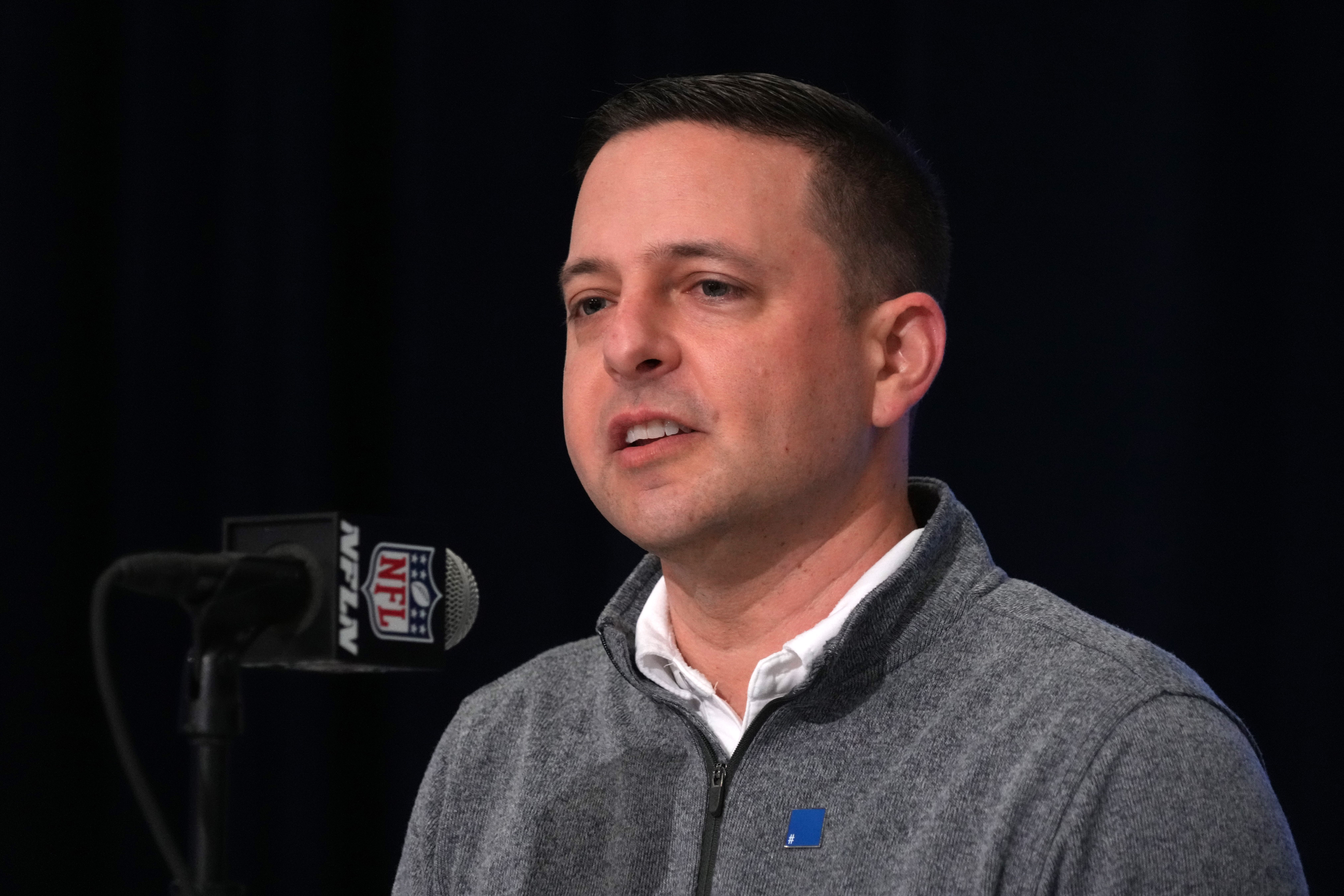When a gunshot goes off, police will tell you seconds matter, which is why for years, the gunshot warning technology called ShotSpotter has been so popular with police departments across the country.
"To know where the incidents of gunshots are taking place and to be able to respond immediately, as quickly as possible, is very important to the city," Mayor Michelle Wu said Wednesday.
Now, a new report by the ACLU of Massachusetts is raising questions about the effectiveness of ShotSpotter. The ACLU said it analyzed 1,300 reports it obtained from Boston Police for so-called ShotSpotter activations between 2020 and 2022.
"In nearly 70% of cases, Boston Police officers found no evidence of gunfire in response to ShotSpotter alerts," said Kade Crockford, director of the Technology for Liberty Program at the ACLU of Massachusetts. "The technology is unreliable, it is sending police looking for shooters in communities where there may not have even been a shooting."
Get Boston local news, weather forecasts, lifestyle and entertainment stories to your inbox. Sign up for NBC Boston’s newsletters.
The ACLU has argued before that those police responses, paired with the way human analysis can be applied to the technology, can lead to an infringement on the civil liberties of people who live in the neighborhoods.
Dr. Eric Piza is director of Crime Analysis Initiatives and a professor at Northeastern University. He led what is believed to be the largest study about ShotSpotter, analyzing 15 years of data in Kansas City and Chicago.
"We essentially found the technology offers some procedural benefits, for example police officers arrive on scene a little bit quicker with ShotSpotter calls, however we didn't find any improvements on public safety," Piza said. "Shootings did not go down in the ShotSpotter areas after the installation of ShotSpotter, shootings were not any more likely to be solved in either city after the deployment of ShotSpotter."
Local
In-depth news coverage of the Greater Boston Area.
Piza adds what they found does echo studies in other cities, also pointing out there are benefits to employing ShotSpotter as a tool for police.
"ShotSpotter may detect shots that are never reported via 911, so if those are important to an agency then certainly this may be a valuable tool," he said. "If an agency, on the other hand, is hoping that their return on investment is going to include significant reductions and increased solvability of gun violence then I hesitate to say this is the tool for them."
SoundThinking is the company that makes ShotSpotter and says these studies have it all wrong.
"I think our critics haven't actually read the studies, consistently they show that ShotSpotter produces more awareness of gunfire than 911 calls alone," said Thomas Chittum, SoundThinking Senior Vice President of Forensic Services for SoundThinking. "ShotSpotter alerts are faster, minutes faster, and when you are talking about gunshot wound victims, time counts."
Chittum says ShotSpotter remains an important tool for law enforcement.
"Occasionally our critics will only pull out one part of a research study that suggests ShotSpotter doesn't singularly reduce crime, and my response to that is show me the one tool that can," he said. "Too often our critics present a false choice, either ShotSpotter or civil liberties, either ShotSpotter or adequate police staffing, and this just is not true, it is not an either or, it is an and, and."
Get updates on what's happening in Boston to your inbox. Sign up for our News Headlines newsletter.



